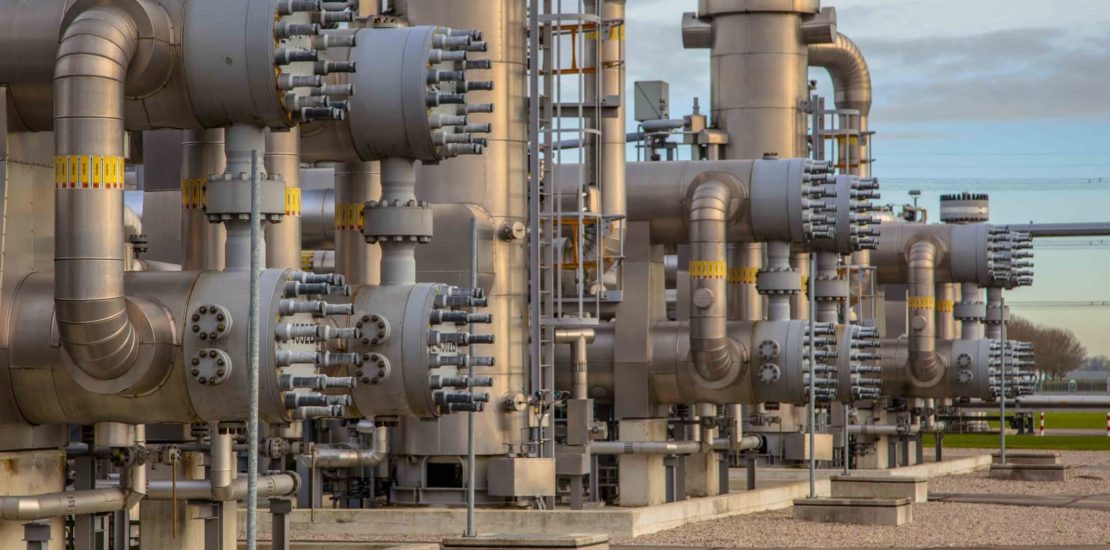Gas will be key to Energy Transition
- 27 November 2020
- Posted by: Future Energy
- Category: Energy


‘Advantaged’ Gas will be key, the challenges for Technology are many
For many generations of explorers, advocating that there should be a deliberate search for gas might seem like heresy – explorers chasing and discovering oil were heralded, dry holes were an accepted risk, but a gas discovery was generally considered a failure, especially in deepwater exploration.
The drive for increased electrification – for Electrical Vehicles, for domestic use, to lift much of Africa and SE Asia out of “energy poverty” demonstrates that global energy use such as coal, oil, and gas will continue to rise rapidly. Growth in Renewable sources of energy, such as geothermal energy, wind power, solar panels, will likely not keep pace and Gas will be the key enabler of this transition.
How much is needed? There are various estimates: for example in a recent Petroleum Economist Review, it was suggested that by 2050 global natural gas production would need to rise to 400 Trillion cubic feet (tcf) annually, from current levels of ~140 Tcf; a more conservative estimate might be 300 Tcf, but it seems like at least 5000 Tcf gas reserves is a useful number to have in mind as being required over the next 30 years. Some already exists as discovered resources of course but some of that is disadvantaged by costs, terms, security considerations; it’s clear that Exploration for much more ‘advantaged’ Gas will be needed – i.e. gas that can be commercially exploited – though clearly the economics will change based on the existing environment and alternative cost of supply.
Energy companies already have their preferred basins for gas exploration – however, it is suggested firms should steer clear of the frontier areas such as the Arctic (harsh full-cycle economics and environmental risks) and focus on finding and exploiting cost-advantaged Gas in “Mature Provinces”
From a technical point of view, such areas are characterised by:
- Very large amounts of existing data – well logs, cuttings & cores, 3D seismic, hydrocarbon samples, production rates, and reports.
- A real ‘playground’ for the application of Analytics / Machine Learning (e.g. OAG Analytics)and extracting knowledge from Unstructured text (Infoscience Technologies)
We must update our understanding of Petroleum Systems – much excellent work has been done over the last few years on source rocks, their maturation, and expulsion of hydrocarbons, however, heat flow history is an integral component to truly understanding Petroleum Systems and here the simple ‘stretching’ – based models we have used in the past have been demonstrated to be simplistic and naïve when confronted with actual geological history.
There is a need for a more rigorous approach to the use of seismic attributes – impedance, Amplitude Variation with Offset (AVO), and Direct Hydrocarbon Indicator (DHI) – in exploring for Gas. Too often we have finished up with the disappointment of ‘fizz Gas’. In relative terms, there has been a lack of progress made in the last 10 or so years in gas exploration – probably the best learning opportunities are provided by networking efforts such as the DHI Consortium run by Rose & Associates.
The exploitation of this Gas brings about additional opportunities in areas such as remote operations; electrification; monitoring and measuring greenhouse gases; elimination of methane emissions; carbon capture and storage for gas-to-power.
Over the next few weeks Future Energy Partners will offer a series of blogs on these topics: watch this space, and subscribe to our regular.
We are grateful to Future Energy Partner for helping us though the ISO certification process. The implementation of ISO standards is what differentiates as a company from our competitors and demonstrates our commitment to Occupational Health and Safety Management.


Leave a Reply Cancel reply
You must be logged in to post a comment.
